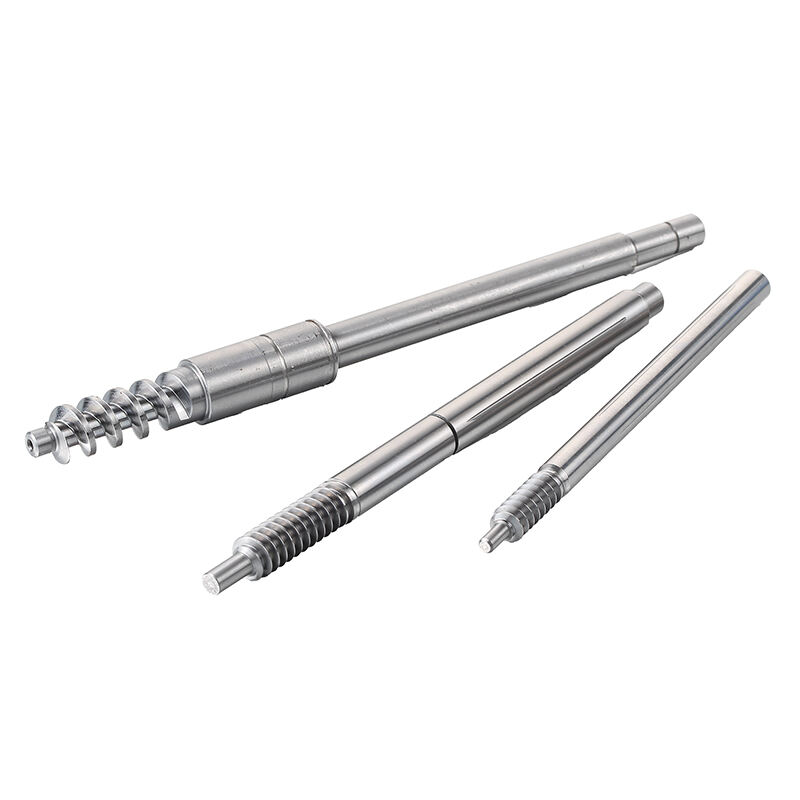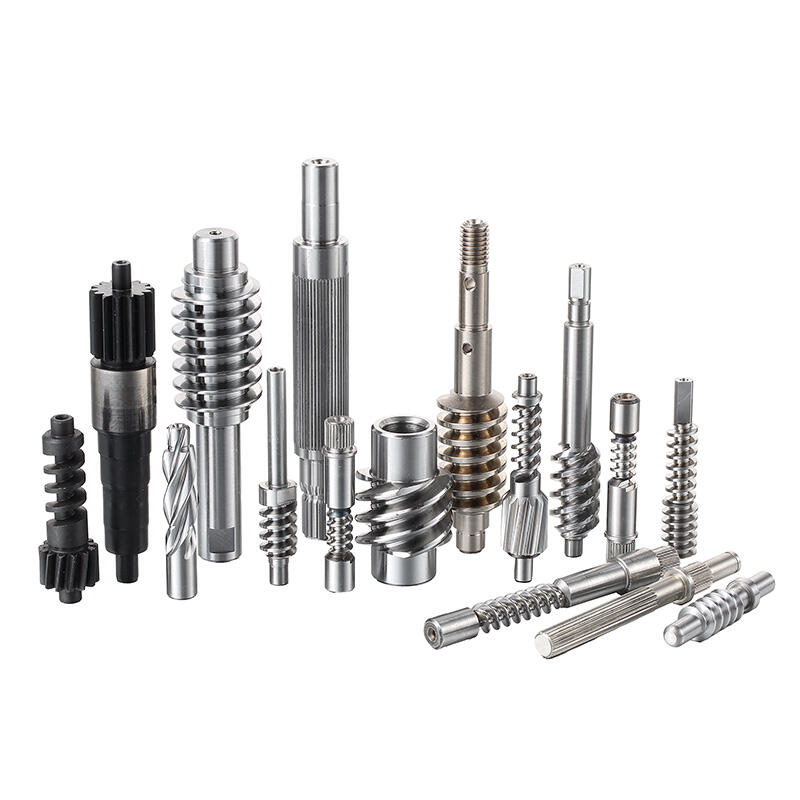commutator
A commutator is a crucial electrical component that serves as a rotary electrical switch in certain types of electric motors and electrical generators, converting alternating current to direct current. This mechanical device consists of a cylinder composed of multiple metal contact segments, separated by insulation, and connected to the armature windings of the motor or generator. The commutator works in conjunction with brushes, which are stationary electrical contacts typically made of carbon, to maintain electrical connection as the motor shaft rotates. As the commutator segments rotate past the brushes, they systematically reverse the current direction in the rotor windings, creating the necessary rotating magnetic field that drives the motor. This ingenious design allows for smooth and continuous motor operation while ensuring proper current flow direction. Modern commutators incorporate advanced materials and precision engineering to minimize wear, reduce electrical noise, and enhance overall performance. The device finds extensive applications in various electrical machines, from small household appliances to industrial equipment, where controlled rotary motion is required. The commutator's reliability and efficiency have made it an enduring component in electrical engineering, despite the emergence of newer technologies.


